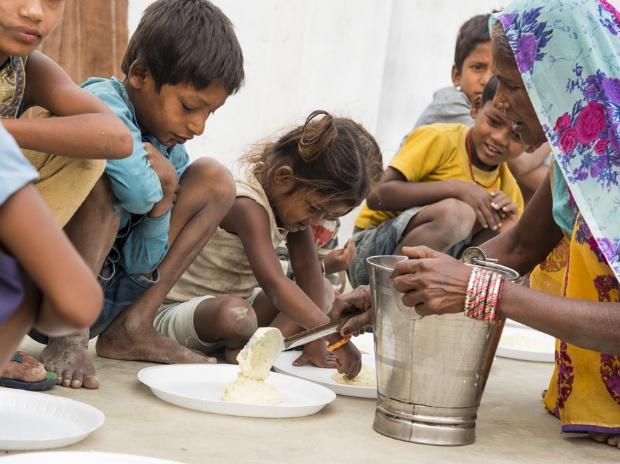Food insecurity can also cause children to experience hunger, undernutrition, and micronutrient deficiencies. This can lead children to have problems with concentration and memory.
There
has been an impressive expansion in school enrolment in India since
the early 2000s. Despite this, India is in the midst of a “learning
crisis”, with improvements in learning lagging behind increases in
enrolment.
Worldwide,
India also has one of the highest rates of child undernutrition and
household food insecurity – that is, inadequate or inconsistent
access to enough safe and nutritious food to sustain a healthy
life.
Both
of these issues have negative implications for the long-term health,
well-being and productivity of young people, as well as for the
economy more broadly.
In
our recent study, we used survey data from the Young Lives study of
childhood poverty to examine whether there is a link between food
insecurity and learning for Indian adolescents.
There
are good theoretical reasons why learning and food
insecurity may be linked. When households experience food
insecurity, they may have to make difficult decisions in order to
meet the family’s nutritional needs.
For
instance, households that need money for food might reduce spending
on school fees and materials. Children might miss school, have less
time available to study, or even drop out altogether so that they can
contribute to the household economy.
Food
insecurity can also cause children to experience hunger,
undernutrition, and micronutrient deficiencies. This can lead
children to have problems with concentration and memory. It can even
impair their cognitive development.
Children
who experience food insecurity might also feel irritability and
shame. This could impact negatively on their interactions with their
parents, teachers and peers.
In
the Young Lives data, 47% of 12-year-olds had experienced household
food insecurity at some stage during the observation period. And even
18% of the wealthiest families had experienced food insecurity; food
insecurity is not exclusively a matter of poverty.

No comments:
Post a Comment